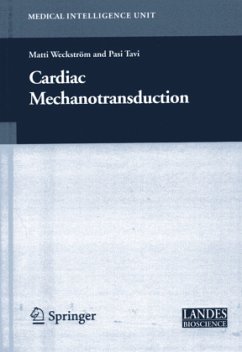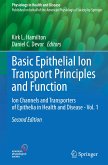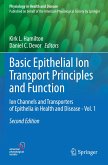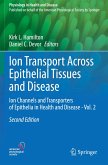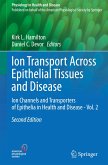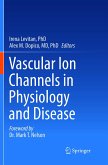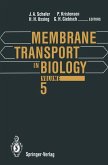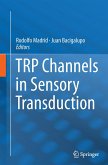For about hundred years the investigation of heart physiology has had one central guiding principle, the "law" of Frank and Starling. This connects the return of blood into the heart and the blood pressure with cardiac con traction force. The "law" does it in a way that enables the cardiovascular system to react to perturbations without major malfunctions. This book is a compilation of reviews of prominent scientists on this subject. The differ ence of the original formulation of the Frank-Starling principle is that mechanotransduction is the central theme that leads the reader through the book. Since the discovery of the "law" the scope of topics related to this subject has broadened enormously, as can be seen easily by glancing at the contents of this book. Mechanotransduction in the heart has many faces that range from molecules to humans and their diseases. We editors hope that the large amount of knowledge compressed into the book's chapters forms a balanced treatment and that the text is easily approached by all who want to know what cardiac mechanotransduction is about. Matti Weckstrom and Pasi Tavi Oulu, Finland June 16. 2006 Ackno^vledgments The editors are grateful to all authors for their magnificent contributions and for their patience during compiling this book. This work was supported by the University of Oulu, the Biocenter Oulu and the Academy of Finland.
Bitte wählen Sie Ihr Anliegen aus.
Rechnungen
Retourenschein anfordern
Bestellstatus
Storno

